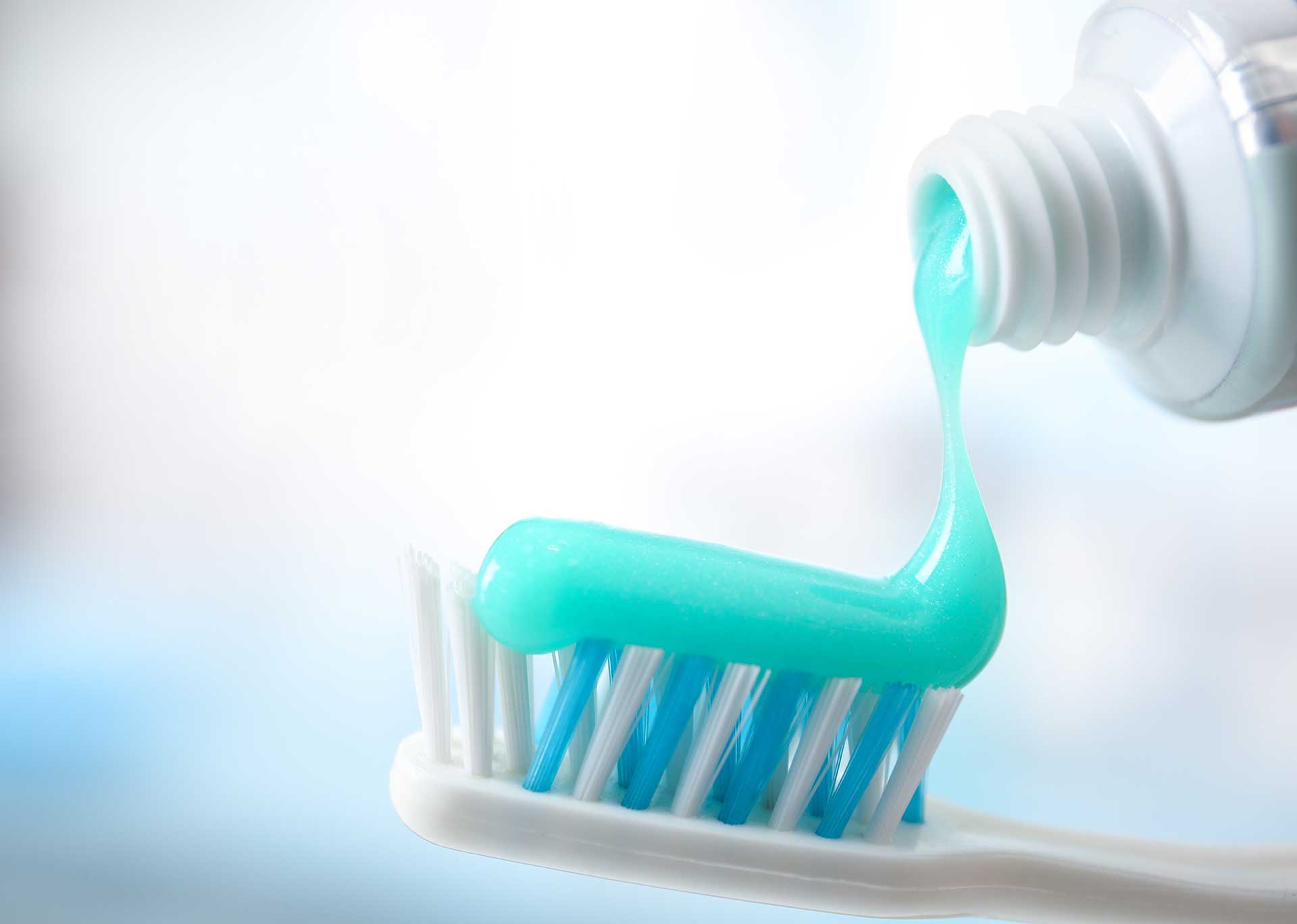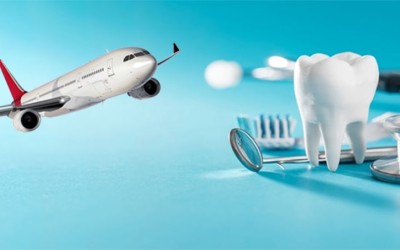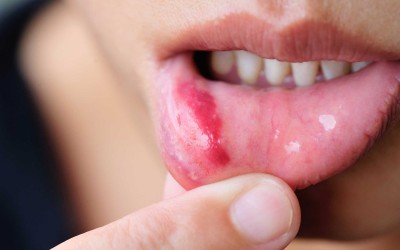Which Toothpaste is Suitable for You?

Which Toothpaste is Suitable for You?
- 12 June 2023
- 18899 views
When choosing toothpaste, it is important to first consider the characteristics of your teeth and then pay attention to the ingredients of the toothpaste.
This content is for informational purposes only and does not replace medical advice, diagnosis, or treatment. Please consult a healthcare professional for any health concerns.
Table of Contents
Dental health is important for everyone. To protect and maintain our teeth's health, regular brushing is necessary. However, choosing the right toothpaste for brushing is also crucial. There are numerous toothpaste brands and varieties available in the market and selecting the right one can sometimes be challenging.
What Should You Consider When Choosing Toothpaste?
When selecting toothpaste, you should first pay attention to the characteristics of your teeth. For instance, if you have sensitive teeth, you should choose toothpaste specifically designed for sensitive teeth. Additionally, if you experience gum bleeding or other issues, you can consult with your dentist to try recommended toothpaste options.
Another essential factor to consider when choosing toothpaste is its content. Toothpaste containing fluoride is important for maintaining the health of your teeth. Fluoride helps protect tooth enamel and provides defense against tooth decay. Moreover, the active ingredients present in toothpaste can offer additional benefits such as teeth whitening, tartar prevention or reduction of tooth sensitivity.
What are the Types of Toothpaste?
The common types of toothpaste include the following:
- Fluoride Toothpaste: These toothpastes contain fluoride to protect tooth enamel and provide defense against tooth decay.
- Whitening Toothpaste: These toothpastes contain active ingredients for teeth whitening.
- Tartar Control Toothpaste: These toothpastes contain active ingredients to prevent tartar formation.
- Toothpaste for Sensitive Teeth: These toothpastes are specially designed to reduce tooth sensitivity.
Which Toothpaste Brands are Better?
There are many options available when it comes to toothpaste brands. Most of these brands offer various products in different types of toothpaste. Your dentist can advise you on which toothpaste is more suitable for your dental health. Additionally, when choosing toothpaste, you should consider factors other than the brand. For example, the content of the toothpaste, packaging size, price and taste are also important factors to consider.
What are the Side Effects of Toothpaste?
The side effects of toothpaste are generally rare and harmless for most people. However, some individuals may experience allergic reactions to certain active ingredients in toothpaste. Additionally, swallowing toothpaste can lead to digestive system issues. Therefore, avoid swallowing toothpaste and refrain from using excessive amounts.
How Should Toothpaste be Used?
When using toothpaste, squeeze a pea-sized amount onto your toothbrush. There is no need to use a large amount of toothpaste. Contrary to popular belief, using a pea-sized amount of toothpaste is sufficient. Brush your teeth gently using circular motions. Hold your toothbrush vertically to brush your front teeth and then hold it horizontally to brush your back teeth. Also, remember to brush your tongue.
What are the Rules for Brushing Teeth?
Here are the things you should pay attention to when brushing your teeth:
- You should brush your teeth at least twice a day. Each brushing session should last 2-3 minutes.
- Using a pea-sized amount of toothpaste is sufficient for dental cleaning. Therefore, there is no need to use an excessive amount.
- Hold the toothbrush at a 45-degree angle towards your gums, with the bristles pointing towards them. In other words, brush your teeth in a crosswise motion.
- Avoid applying too much pressure on your teeth and brush them using gentle, circular motions. Brushing your teeth too hard can damage the tooth enamel.
- You can use back-and-forth motions to clean the upper areas of your teeth.
- Do not neglect cleaning the surface of your tongue.
- After brushing, simply spit out the toothpaste. Rinsing your mouth for a long time can diminish the effectiveness of the toothpaste.
In addition to brushing your teeth, do not forget to incorporate dental flossing and mouthwash into your oral hygiene routine.







